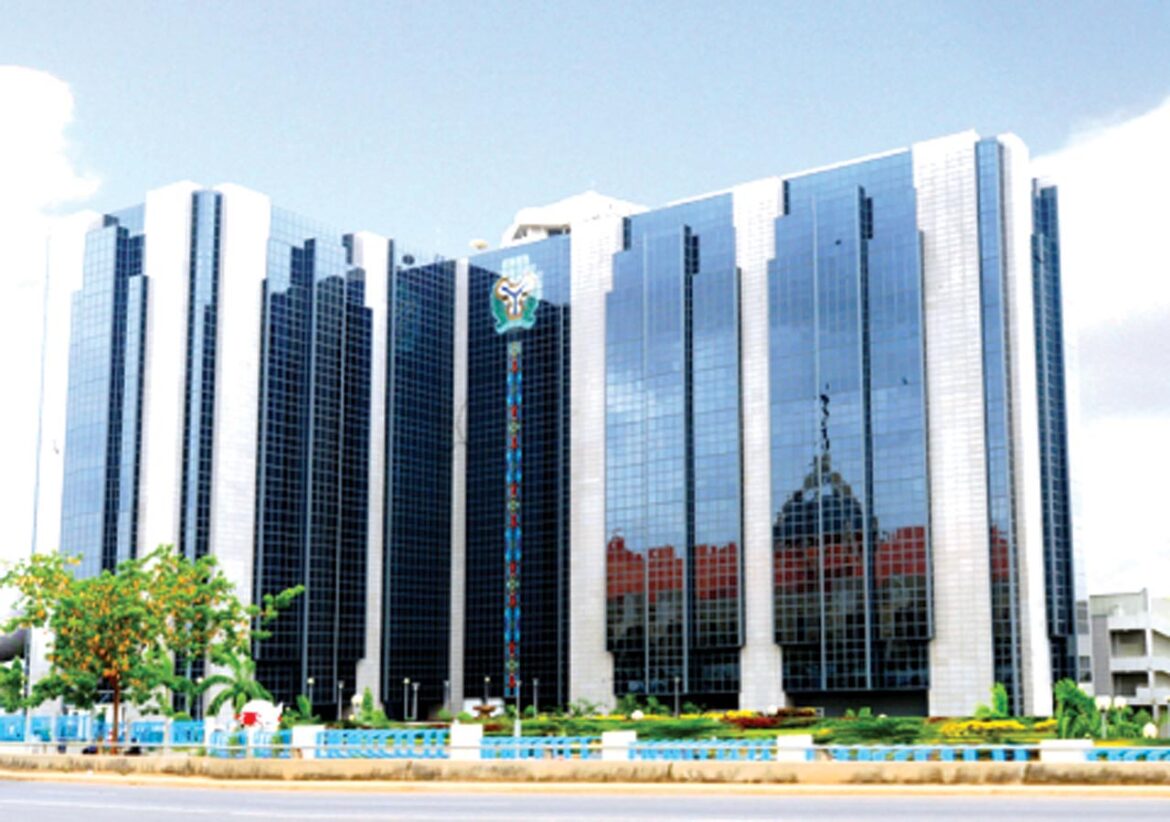External debt financing and other economic challenges have forced Nigeria’s external reserves down by $2.85bn in the first half of 2023, the Central Bank has said.
According to figures released by the Central Bank of Nigeria (CBN), Nigeria’s foreign reserves fell from $37 billion in January to $34.2 billion as at end of June 26, 2023.
According to the CBN, the reserves fell by $3.43bn in 2022, from $40.52bn as of the end of December 31, 2021, to $37.09bn as of December 29, 2022.
At previous Monetary Policy Committee meetings, the former Governor, CBN, Godwin Emefiele, said, “The Committee, however, noted the marginal decline in the level of gross external reserves to $36.13bn in February 2023, from $36.4bn in January 2023, a decrease of 0.7 per cent, reflecting the downtrend in crude oil prices, as global uncertainties persist.”
“The Committee, also, noted the moderate decline in the level of gross external reserves to $34.91bn in April 2023, from $35.14bn at end-March 2023, attributable to transactions in the foreign exchange market and largely to minuscule accretion to reserves from crude oil exports,” He said.
A member of the MPC, Adeola Adenikinju, said current and capital accounts were higher in Q3, 2022 than in Q2, 2022.
He said, “Gross external reserves fell by 0.7 per cent to $36.13bn at end-February 2022 from $36.4bn at end-January 2022. This was driven by the rise in debt service payments and foreign exchange swap transactions.
“The FGN’s net fiscal operations resulted in an expansionary fiscal deficit in February 2023 (m-o-m). The overall deficit rose by -N539.01bn in February 2023 compared to – N417.75 in January 2023.
“Both government expenditure and revenue declined. FGN Debt increased owing to new borrowings to finance the deficit in the 2022 budget and new loans by subnational governments.”
Another member of the MPC, Mike Obadan, said foreign exchange market pressures continue to pose challenges as supply-demand imbalances remained unrelenting.
“The external reserves position has remained weak against the backdrop of the limited capacity of the country to earn foreign exchange from both non-oil and oil exports,” he said.
A good handle on the oil theft and other challenges along with commencement of local refining of oil by the Dangote Refinery and Petrochemicals Company coupled with elimination of the notorious petrol subsidy regime should help to achieve stability in the foreign exchange market and exchange rate, he said.


